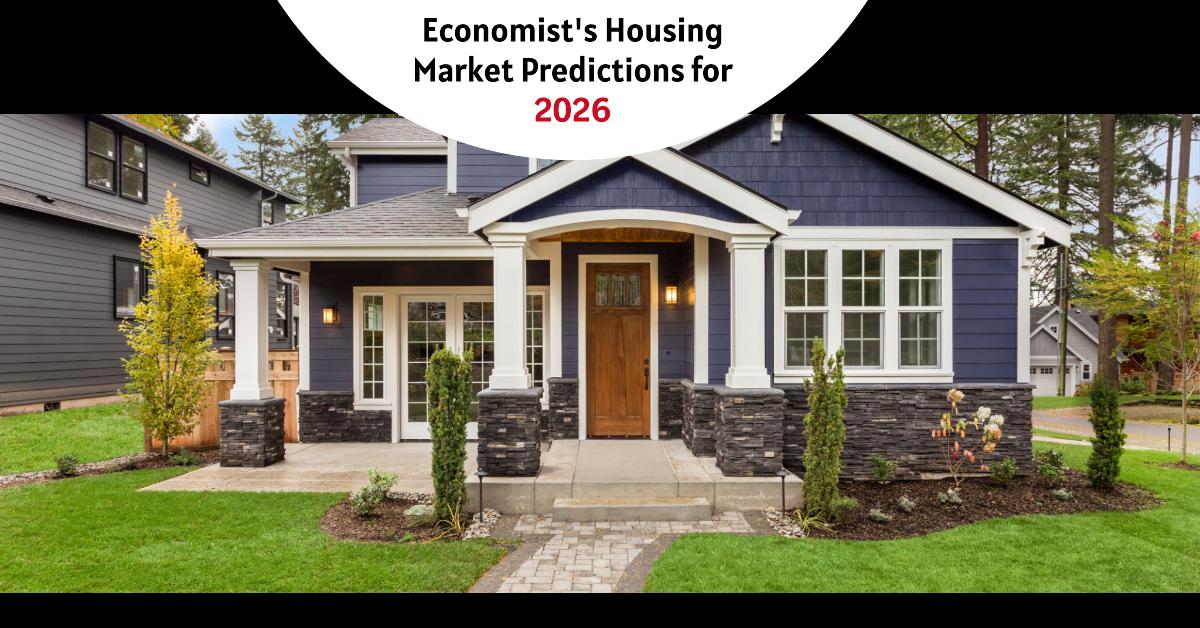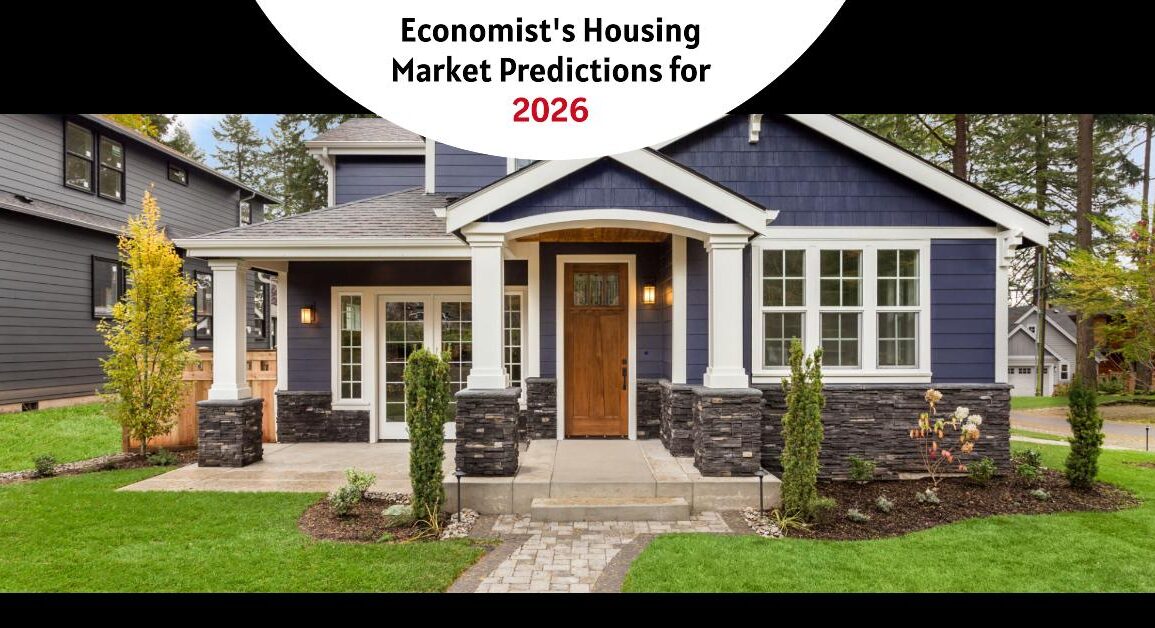
The housing market has been a whirlwind in recent years. A pandemic-fueled buying frenzy met with historically low mortgage rates sent prices skyrocketing. Now, with rising interest rates and inflation concerns, many are wondering what’s next for the housing market. A recent report from Bank of America economists paints a picture of a sluggish market that won’t see significant changes until at least 2026. Let’s delve into the reasons behind this prediction and what it might mean for potential homebuyers.
Housing Market Predictions for 2026: A Stalled Market with a Glimmer of Hope
A Post-Pandemic Hangover:
The economists point to a “one-time shift” in demand during the pandemic as a key factor. With people spending more time at home, the desire for a dedicated workspace and increased square footage drove many towards homeownership. This surge in demand, coupled with low-interest rates, created a competitive market with rapidly rising prices. However, as the pandemic waned and interest rates climbed, the market dynamics shifted.
The Lock-In Effect:
One of the main reasons economists predict a slow market is the “lock-in effect.” Homeowners who bought during the low-interest-rate period are likely hesitant to sell. Moving would mean giving up their rock-bottom mortgage for a significantly higher rate in today’s market. This creates a situation where sellers stay put, reducing the overall inventory available for purchase. The dearth of available homes further frustrates potential buyers and creates an environment where bidding wars and inflated prices can still occur.
A Wait-and-See Approach for Buyers:
The combination of rising interest rates and stagnant wages is making it difficult for many potential buyers to enter the market. With affordability becoming a major concern, many are taking a wait-and-see approach, hoping for a price correction or a decrease in interest rates. This further dampens market activity and creates a self-perpetuating cycle – low sales discourage new listings, keeping inventory low and prices propped up.
A Slow Climb and a Potential Dip:
The Bank of America economists predict a continued rise in home prices in the next couple of years, albeit at a much slower pace than during the pandemic boom. They project a 4.5% increase in 2024 and a 5% increase in 2025. However, they believe prices might dip slightly in 2026, reflecting the fading effects of the pandemic-driven demand surge. This potential dip could incentivize some buyers who have been waiting on the sidelines.
A Light at the End of the Tunnel?
While the overall outlook seems sluggish, there are some potential glimmers of hope. The economists acknowledge that the current “moribund” (stagnant) state of sales could incentivize some buyers to enter the market, especially with improving credit conditions and a potential shift towards a less restrictive monetary policy by the Federal Reserve.
Additionally, the growing millennial demographic, the largest generation in US history, is expected to continue to drive housing demand in the long run. Millennials are reaching prime homebuying years, and their sheer numbers suggest a significant and sustained force in the market.
The Big But: Affordability Concerns Remain
Despite these potential positives, affordability remains a major hurdle. Even with a projected slowdown in price growth, wages are unlikely to keep up, making it difficult for many to qualify for a mortgage or compete in a bidding war. The Bank of America economists also caution that their predictions assume an overall economic slowdown, which could further impact the housing market. A recession, for example, could lead to job losses and a decrease in consumer confidence, further dampening demand.
Navigating the Housing Market in 2026 and Beyond
Overall, the Bank of America report paints a picture of a housing market in a holding pattern until at least 2026. While potential buyers might welcome a potential price correction, affordability concerns are likely to persist. For those considering entering the market, careful planning, realistic budgeting, and a long-term perspective will be crucial.
It may also be helpful to consider alternative options such as starter homes or more affordable areas. Staying informed about economic trends, housing market updates, and government programs that can assist first-time homebuyers will also be essential in making informed decisions.
ALSO READ:
This post was originally published on this site be sure to check out more of their content.






